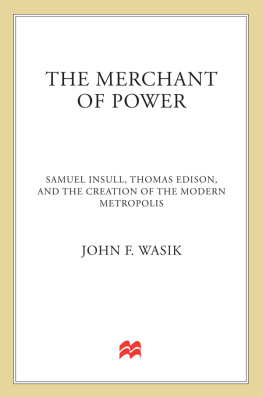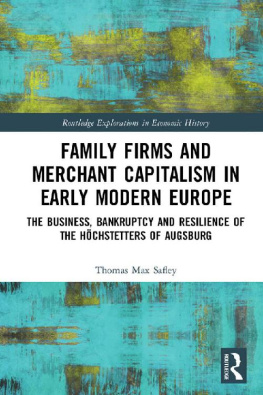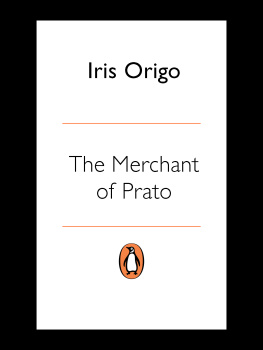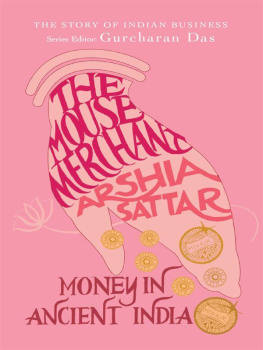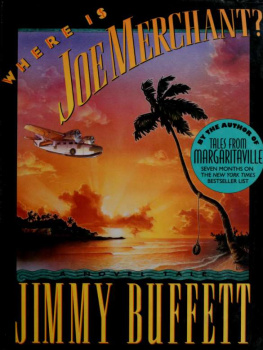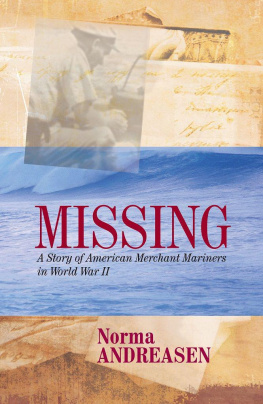
ALLEN LANE
an imprint of
PENGUIN BOOKS
ALLEN LANE
Published by the Penguin Group
Penguin Books Ltd, 80 Strand, London WC2R 0RL , England
Penguin Group (USA) Inc., 375 Hudson Street, New York, New York 10014, USA
Penguin Group (Canada), 90 Eglinton Avenue East, Suite 700, Toronto, Ontario, Canada M4P 2Y3 (a division of Pearson Penguin Canada Inc.)
Penguin Ireland, 25 St Stephens Green, Dublin 2, Ireland (a division of Penguin Books Ltd)
Penguin Group (Australia), 250 Camberwell Road, Camberwell, Victoria 3124, Australia (a division of Pearson Australia Group Pty Ltd)
Penguin Books India Pvt Ltd, 11 Community Centre, Panchsheel Park, New Delhi 110 017, India
Penguin Group (NZ), 67 Apollo Drive, Rosedale, Auckland 0632, New Zealand (a division of Pearson New Zealand Ltd)
Penguin Books (South Africa) (Pty) Ltd, Block D, Rosebank Office Park, 181 Jan Smuts Avenue, Parktown North, Gauteng 2193, South Africa
Penguin Books Ltd, Registered Offices: 80 Strand, London WC2R 0RL , England
www.penguin.com
First published 2012
Copyright David Priestland, 2012
The moral right of the author has been asserted
Cover Image Interfoto / Sammlung Rauch / Mary Evans
All rights reserved
ISBN: 978-0-14-197082-0
List of Illustrations
. Illumination of the three classes, from Li Livres dou Sante, French School, thirteenth century. British Library, London. Photo: British Library Board. All Rights Reserved/The Bridgeman Art Library.
. Illumination from Linformacion des princes, c.1420. Bibliothque Nationale, Paris. Photo: akg-images.
. Cloth merchant, Indian school, nineteenth century. British Library, London. Photo: British Library Board. All Rights Reserved/The Bridgeman Art Library.
. Hans Holbein, Portrait of Georg Gisze, 1532. Staatliche Museen, Berlin. Photo: Bildarchiv Foto Marburg/The Bridgeman Art Library.
. French poster for Luis Buuels film The Adventures of Robinson Crusoe, 1954.
. Illustration from a nineteenth-century edition of Adam Smiths The Wealth of Nations. Photo: Culver Pictures.
. Werner von Siemens in Prussian army uniform, nineteenth century. Photo: SZ Photo/The Bridgeman Art Library.
. Fukuzawa Yukichi in samurai costume, London, 1862. Photo: Fukuzawa Memorial Center for Modern Japanese Studies, Keio University, Tokyo.
. Andrew Carnegie, c.1913. Photo: Library of Congress Prints and Photographs Division, Washington, D.C.
. Cartoon from The Rotarian magazine, August 1936. Photo: Rotary International Archives.
. Viktor Deni, Oktiabrskii uragan (October Hurricane), poster, 1920. Private Collection. Photo: The Bridgeman Art Library.
. Cartoon by Gregor Duncan from Life magazine, May 1934.
. Illustration by Philipp Rupprecht from Der Giftpilz, 1938. Julius Streicher Collection, Yad Vashem, Jerusalem. Photo: Yad Vashem Archives (1599/233).
. Wir schaffen das neue Deutschland!, Nazi propaganda poster, 1932. Photo: Universal History Archive/Getty Images.
. Viktor Semenovich Ivanov, Vigilance is our weapon, Soviet propaganda poster, 1953. Photo: Private Collection.
. The American Kitchen display at the American National Exhibition, Moscow, 1959. Photo: Records of the U.S. Information Agency, National Archives & Records Administration, Washington.
. Nikita Khrushchev and Richard Nixon debate while visiting the American Kitchen display, Moscow, 1959. Photo: Howard Sochurek/Time Life Pictures/Getty Images.
. Fidel Castro is presented with an invitation to the New York Press Photographers Ball, New York City, 1959. Photo: Hulton Archive/Getty Images.
. Alan Greenspan, Robert Rubin and Larry Summers, group portrait by Michael ONeill for the cover of Time magazine, 15 February 1999.
. Richard Branson as Che Guevara, poster for the Financial Times, London, 2007. Photo: Linnie Rawlinson.
. Statue of Confucius, Tiananmen Square, Beijing, 2011. Photo: AP/PA Photos.
. Antilia, the home of Mukesh Ambani, Mumbai, 2010. Photo: AFP/Getty Images.
. Mikhail Khodorkovsky in the defendants box, Moscow, 2004. Photo: AFP/Getty Images.
Acknowledgements
This is a work of historical synthesis, and many of my debts are to the work of numerous professional historians in a wide range of areas. I am also extremely grateful to my editor, Simon Winder, for his enthusiastic encouragement and incisive comments; to Virginia Smith for her helpful suggestions; to Gill Coleridge for all her advice and support; to Stephen Whitefield, Rory Macleod, Emile Chabal and Jonathan Waterlow for comments on various parts of the text; to Ryan Davies, Charlotte Ridings, Richard Duguid and Sarah Hunt Cooke for all their help with the publication of the book; to Cecilia Mackay for her assistance in sourcing the illustrations; and to Duncan Abbot for his help and hospitality. Most of all my thanks go to Maria Misra, who read several drafts and made a huge contribution to the development of the ideas in the book.
Introduction
Future generations will see 2008 as a year of tectonic shifts a year to be classed alongside 1917, 1929, 1945, 1968 and 1989. Three seemingly unrelated crises in rapid succession showed the world had reached a turning point: in July, oil prices hit $147 a barrel, forcing us to recognize the environmental limits on economic growth; in August, we witnessed a symbolic end-point to Americas sixty-year global hegemony, as it looked on powerless while Russia invaded its ally and client, Georgia; and in September, the collapse of a major American investment bank Lehman Brothers finally destroyed the credibility of the ultra-free market capitalism that had reigned virtually unchallenged for three decades.
For a few months it really seemed that a fundamental change in the world order was in the offing; even the conservative French President Nicolas Sarkozy took to reading Marxs Das Kapital. Yet the drama of that autumn has produced not cathartic crisis and renewal but a sense of powerlessness, confusion and unease. Political leaders tell us that after a quick dose of virtuous austerity (in Europe) or can-do optimism (in the United States) we will soon return to the sunny uplands of the pre-2008 world. But these assurances convince few. Most anticipate several years of crippling debt, falling living standards and rising inequality. And in the long run we have no real sense of how in this global free market the West can ever match the dynamism of rising Asian powers, without driving wages and living standards down to very much lower levels with all the personal tragedy, social disruption and political conflict that would ensue.
But while we are sceptical of narratives promising a phoenix-like rebirth from the embers of hard times, few see any real alternative.
This essay does not pretend to offer a blueprint for world recovery and enduring human happiness. Rather, it seeks to lay the foundation for solutions by urging that we rethink our history; for we can only start to solve our present problems if we have a clear-eyed view of the past. History is the only kind of guide we have to the future, and so before we can go forward, we have to go back to understand how we got to where we are, what has gone wrong, and why.




